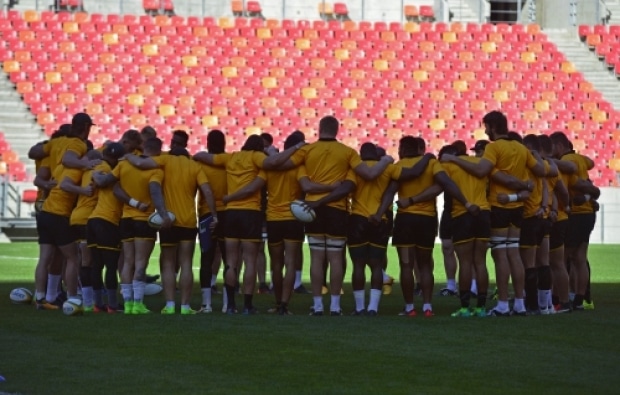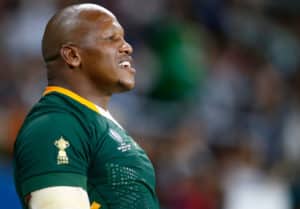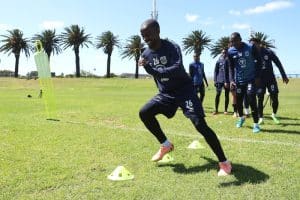The Bulls’ reluctance to utilise their released Springboks this past week again highlights the need for South African rugby to remodel its contracting system, writes CRAIG LEWIS.
Last week, I suggested that the Springboks’ woes were ultimately a by-product of far greater issues rooted in some of the dysfunctional structures of South African rugby. Yet, in highlighting that there was a need to treat the cause rather than the symptom, I was also challenged to propose solutions rather than just point out problems.
That’s fair enough, and it got me thinking, especially when Bulls coach John Mitchell expressed his intent to opt against making use of their released Springboks Rudy Paige and Handré Pollard (the latter was only belatedly named on the bench as the result of an injury to Manie Libbok).
Mitchell had every right to take a decision that he felt was in the best interests of the Bulls, but it was obviously not to the greater benefit of the Boks, with the national coaches having hoped that the duo could bank some crucial game time.
When one considers that the game has been ‘professional’ for more than two decades, it seems almost archaic that SA rugby still operates in a system where not everything is driven towards ensuring the national team is benefited beyond any other.
And without wanting to draw too many comparisons between South African and New Zealand rugby, it was compelling to hear John Plumtree’s thoughts on the subject soon after he made the move from coaching the Sharks to the Hurricanes.
On a return visit to South Africa, Plumtree highlighted the fact that the New Zealand rugby system was driven by communication, collaboration and cooperation across the board, all with the aim of ensuring the All Blacks would be as strong as possible.
It harks back to a system that sees New Zealand Rugby hold first rights to its players through central contracting. For example, just recently, the All Blacks wanted to see if Jerome Kaino was suitably conditioned and in form to make a return to the national squad.
He was sent back to Auckland to feature in the New Zealand Cup. No ifs, no buts. He played (as per the request of the national body that controls his contract), with the flanker ultimately doing enough on the domestic stage to prove his readiness for a return to the All Blacks.
ALSO READ: 2023 World Cup can be catalyst for change
So how do we get to a point where this is the similarly beneficial situation in SA rugby? Perhaps it’s simplistic, but one would think primarily it comes down to financial resources.
In South Africa, the players are contracted to their unions, with only selected Springboks holding contracts with SA Rugby as well, and it’s a situation that is becoming ever more untenable in the current economic climate where unions are facing increasing financial challenges (dwindling ticket earnings to name just one).
At the end of the day, there is only a certain amount of money in the overall kitty, but it is being split too many ways due to the fact that SA rugby’s pool of professional players is simply too big.
Across most unions, there is not only a sizeable group of senior players contracted for Super Rugby and the Currie Cup, but also large squads signed at both U19 and U21 levels.
Another sad reality is that many talented young players are led astray when they suddenly find themselves with cash to burn just a year or two out of school, while there is little scope for every player to be managed correctly to ensure they don’t lose sight of their priorities (i.e playing rugby).
To make matters more complicated is the fact that top unions also foot a considerable portion of the ‘bill’ for their Springbok players, but these players aren’t able to add full value as they are no longer available for Currie Cup duty.
Ultimately, the powers-that-be in South African rugby desperately need to begin engaging in proactive dialogue about how to consolidate its playing resources rather than to continue spreading the cash too far and wide.
Perhaps it’s time to do away with the U21 level, and instead for the best of the bunch from the U19 age group to either earn inclusion at senior level, or to alternatively filter into the club rugby system, which in turn would be strengthened.
These are surely some of the conversations and deliberations that need to take place in order for South African rugby to finally begin moving towards a player structure and contracting system that breeds success and streamlines player progression.
As it stands, there are simply too many players falling through the cracks, while not enough are being managed correctly to ensure that they can perform at the peak of their powers to the benefit of the Springbok cause, which should be the top priority.
Photo: Deryck Foster/BackpagePix





